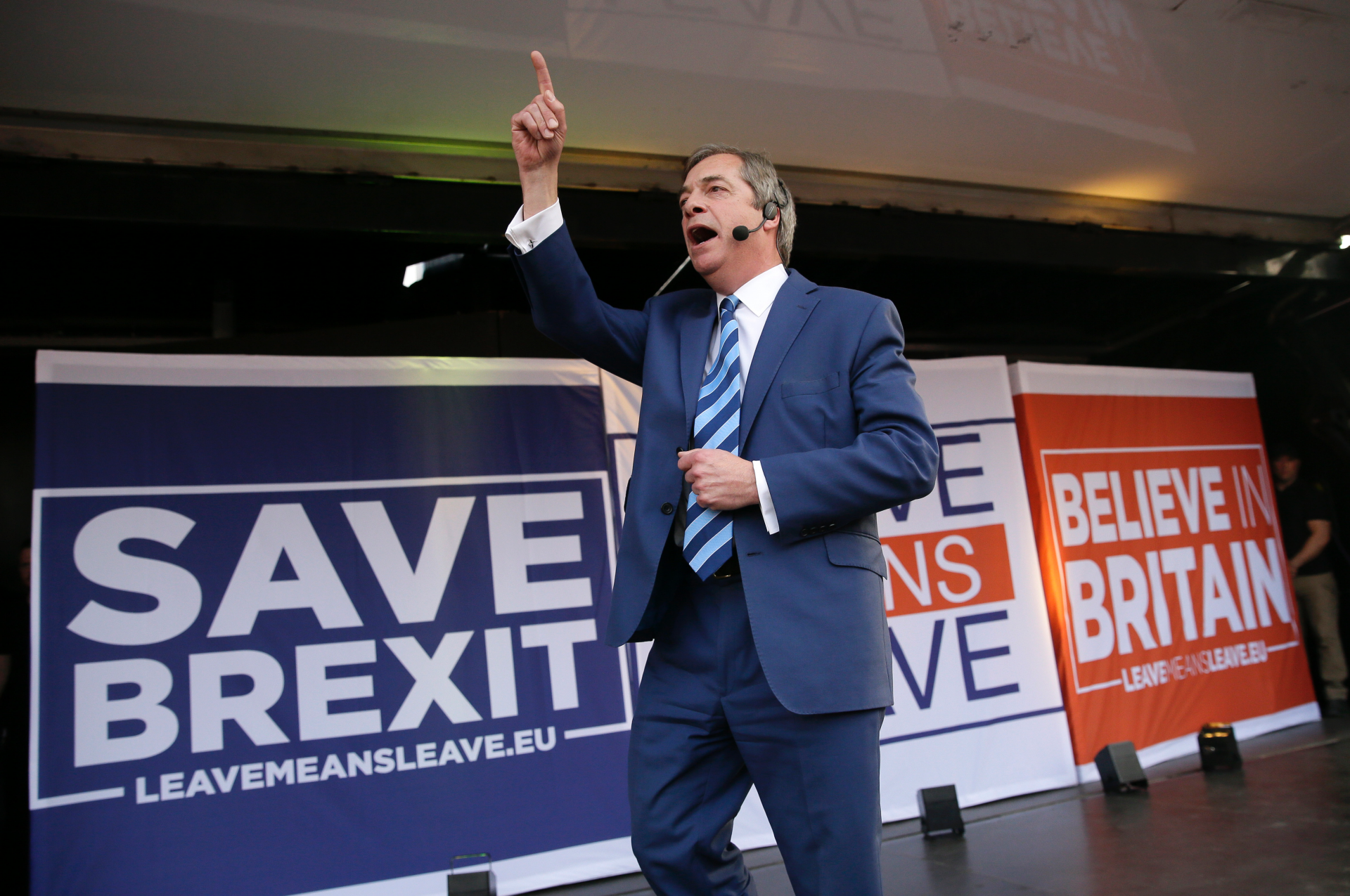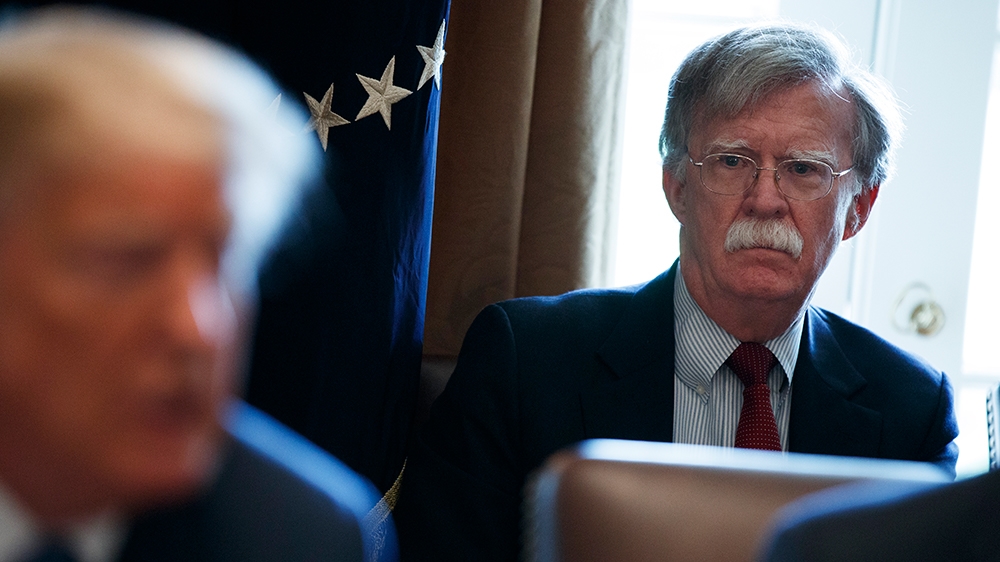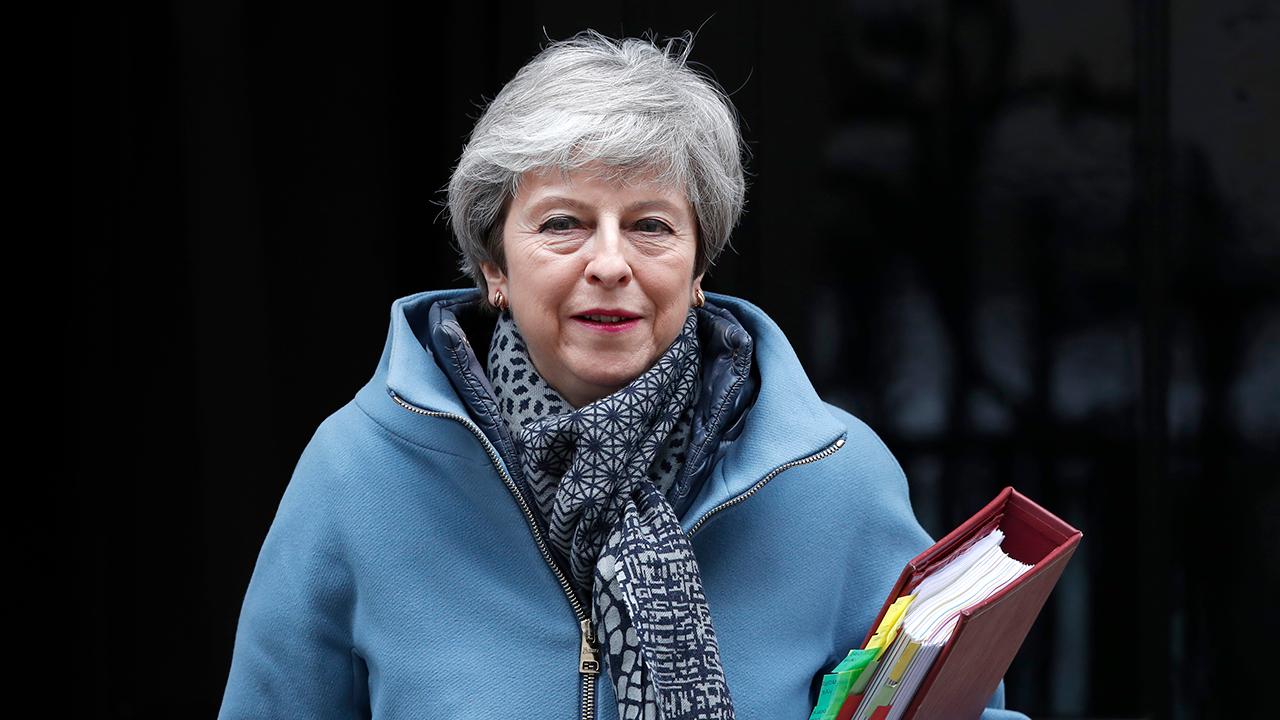On the day their talks in Hanoi collapsed last month, US President Donald Trump handed North Korean leader Kim Jong Un a piece of paper that included a blunt call for the transfer of Pyongyang's nuclear weapons and bomb fuel to the United States, according to a document seen by Reuters news agency.
Trump gave Kim both Korean and English-language versions of the US position at Hanoi's Metropole hotel on February 28, according to a source familiar with the discussions, speaking on condition of anonymity. It was the first time that Trump himself had explicitly defined what he meant by denuclearisation directly to Kim, the source said.
A joint lunch for the two leaders was cancelled the same day. While neither side has presented a complete account of why the summit collapsed, the document may help explain it.
The document's existence was first mentioned by NSA John Bolton in television interviews he gave after the two-day summit. Bolton did not disclose in those interviews the pivotal US expectation contained in the document that North Korea should transfer its nuclear weapons and fissile material to the US.
'Libya model'
The document appeared to represent Bolton's long-held and hardline "Libya model" of denuclearisation that North Korea has rejected repeatedly. It probably would have been seen by Kim as insulting and provocative, analysts said.
Trump had previously distanced himself in public comments from Bolton's approach and said a "Libya model" would be employed only if a deal could not be reached.
The idea of North Korea handing over its weapons was first proposed by Bolton in 2004. He revived the proposal last year when Trump named him as his national security adviser.
The document was meant to provide the North Koreans with a clear and concise definition of what the US meant by "final, fully verifiable, denuclearisation", the source familiar with discussions said.
 |
| The document Trump reportedly gave to Kim followed a 'Libya model' of denuclearisation [File: Leah Millis/Reuters] |
The White House did not immediately respond to a request for comment, while the State Department declined to comment on what would be a classified document.
After the summit, a North Korean official accused Bolton and Secretary of State Mike Pompeo of "gangster-like" demands, saying Pyongyang was considering suspending talks with the US and may rethink its self-imposed ban on missile and nuclear tests.
The English version of the document, seen by Reuters, called for "fully dismantling North Korea's nuclear infrastructure, chemical and biological warfare program and related dual-use capabilities; and ballistic missiles, launchers, and associated facilities".
Four key points
Aside from the call for the transfer of Pyongyang's nuclear weapons and bomb fuel, the document had four other key points.
It called on North Korea to provide a comprehensive declaration of its nuclear programme and full access to the US and international inspectors; to halt all related activities and construction of any new facilities; to eliminate all nuclear infrastructure; and to transition all nuclear programme scientists and technicians to commercial activities.
The summit in Vietnam's capital was cut short after Trump and Kim failed to reach a deal on the extent of economic sanctions relief for North Korea in exchange for its steps to give up its nuclear programme.
The first summit between Trump and Kim, which took place in Singapore in June 2018, was almost called off after the North Koreans rejected Bolton's repeated demands for it to follow a denuclearisation model under which components of Libya's nuclear programme were shipped to the US in 2004.
Seven years after a denuclearisation agreement was reached between the US and Libya's leader, Muammar Gaddafi, the US took part in a NATO-led military operation against his government and he was overthrown by rebels and killed.
Last year, North Korea officials called Bolton's plan "absurd" and noted the "miserable fate" that befell Gaddafi.
After North Korea threatened to cancel the Singapore summit, Trump said in May 2018 he was not pursuing a "Libya model" and that he was looking for an agreement that would protect Kim.
"He would be there, he would be running his country, his country would be very rich," Trump said at the time.
"The Libya model was a much different model. We decimated that country," Trump added.
In limbo
The Hanoi document was presented in what US officials have said was an attempt by Trump to secure a "big deal" under which all sanctions would be lifted if North Korea gave up all of its weapons.
US-North Korean engagement has appeared to be in limbo since the Hanoi meeting. Pompeo said on March 4 he was hopeful he could send a team to North Korea "in the next couple of weeks" but there has been no sign of that.
Jenny Town, a North Korea expert at the Washington-based Stimson Center think-tank, said the content of the US document was not surprising.
"This is what Bolton wanted from the beginning and it clearly wasn't going to work," Town said. "If the US was really serious about negotiations, they would have learned already that this wasn't an approach they could take."
Town added, "It's already been rejected more than once, and to keep bringing it up ... would be rather insulting. It's a non-starter and reflects absolutely no learning curve in the process."
North Korea has repeatedly rejected unilateral disarmament and argues that its weapons programme is needed for defence, a belief reinforced by the fate of Gaddafi and others.
In an interview with US broadcaster ABC's This Week programme after the Hanoi summit, Bolton said the North Koreans had committed to denuclearisation in a variety of forms several times "that they have happily violated".
"We define denuclearisation as meaning the elimination of their nuclear weapons programme, their uranium enrichment capability, their plutonium reprocessing capability," Bolton said.
Asked who authored the document, Bolton said it had been "written at staff level and cleared around as usual".
https://www.aljazeera.com/news/2019/03/asked-north-korea-hand-nuclear-weapons-report-190330093325886.html
2019-03-30 10:37:00Z
52780253561091





